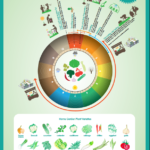
A poster created for the Resilient Livelihoods for the Poor project.
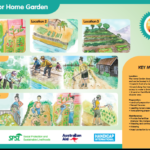
A poster created for the Resilient Livelihoods for the Poor Project
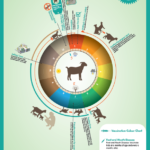
A poster created for the Resilient Livelihoods for the Poor Project
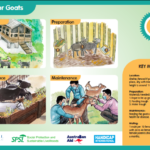
A poster created for the Resilient Livelihoods for the Poor Project
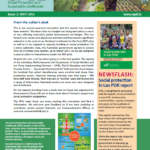
This issue of the SPSL newsletter (July 2015) highlights the progress of the Resilient Livelihoods for the Poor project, which is being implemented by World Education.
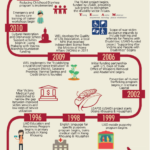
Since beginning work in Laos in 1992, World Education has become a key player in education improvement, disabilities awareness, and UXO survivor services programs. This timeline illustrates some of the highlights of World Education’s work, from the USAID-funded UXO Victims’ Assistance project to rural microfinance projects and, most recently, the development of a national First Aid curriculum for village health volunteers

This five-minute video tells the stories of several survivors of unexploded ordnance (UXO) injuries, and the help that they received through World Education.
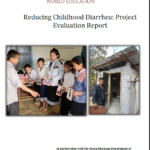
Many rural communities in Laos do not have clean, year-round safe drinking water, nor access to sanitation. Up to 37% of the population does not have an improved toilet, and 28% still practice outdoor defecation (OD). The consequences of OD are poor environmental quality, increased exposure to bacterial, and parasitic diseases.
World Education’s Reducing Childhood Diarrhea project combined community mobilization, education, and simple technologies to reduce the impact of diarrhea on children’s health. This evaluation report documents World Education’s efforts to successfully reduce childhood diarrhea in the Kham and Paek districts of Laos.
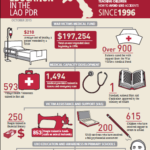
Explosions of unexploded ordnance (UXO) cause serious injuries, and landmine or UXO accident survivors in Laos find themselves struggling to pay the steep costs of medical care. Complicated surgeries, hospital stays, and follow-up care are expensive and can send the family into a downward economic spiral.
When a UXO accident occurs, hospital staff members treat the patient and then contact World Education for reimbursement. This serves to ensure that treatment is administered in a timely manner, without having to go through the hassle of determining whether a family has the funds to pay. This infographic maps out the process taken once an accident occurs.
The War Victims Medical Fund is co-managed by World Education and Departments of Health in seven provinces. Since 1996, the War Victims Medical Fund has provided over $150,000 in medical support to almost 800 UXO Victims.
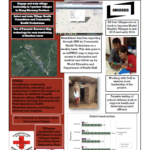
The Reducing Childhood Diarrhea (RCD) project in Xieng Khouang province combines community mobilization, education, and simple technologies to reduce the impact of diarrhea on children’s health. Chosen villages are on track to become Model Healthy Villages through increased access to water, sanitation and hygiene (WASH), the work of trained community leaders and the establishment of disease surveillance systems and mapping.
This factsheet summarizes the goals and accomplishments of the RCD project so far. Through the collaboration of World Education and the Laos Ministry of Health, over 250 latrines have been constructed and there has been a 50% reduction in diarrhea cases since the project began. The reporting of cases through SMS has been key to this reduction.
